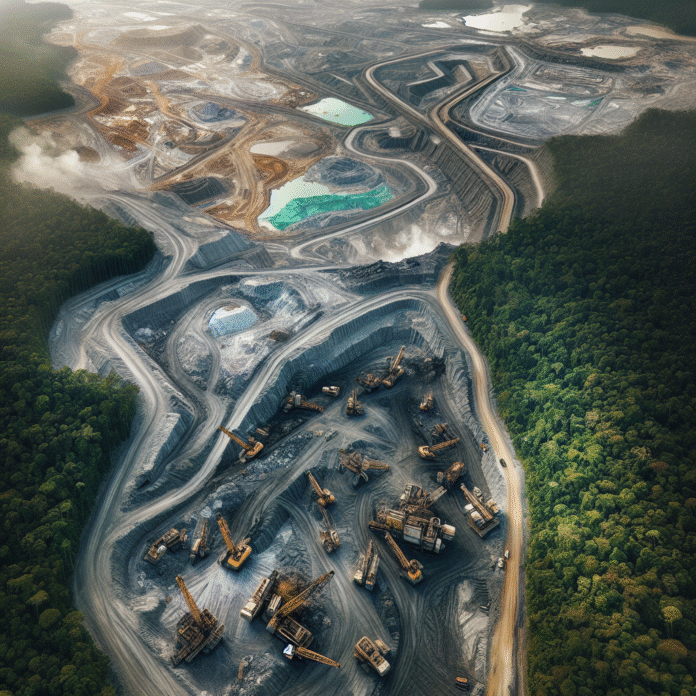Waste Generation in Bauxite and Rare Earth Mining
Bauxite and Rare Earth Mining Waste Generation
Mining operations for bauxite and rare earth elements can result in significant waste production, with estimates indicating that up to 2.5 tons of waste are generated for every ton of material extracted. This waste includes a variety of by-products and tailings, which can lead to considerable environmental challenges, such as soil degradation, water pollution, and habitat destruction.
In addition to the volume of waste produced, the composition of this waste can pose serious ecological risks. For instance, bauxite mining often leads to the release of toxic substances, including aluminum hydroxide and heavy metals, which can contaminate local waterways and soil. Furthermore, rare earth mining processes often involve the use of hazardous chemicals, increasing the potential for environmental harm.
As the demand for bauxite and rare earth minerals continues to rise—driven by their crucial roles in manufacturing technologies such as smartphones, electric vehicles, and renewable energy systems—the need for sustainable mining practices becomes increasingly urgent. Implementing effective waste management strategies and investing in advanced extraction technologies can help mitigate the environmental impact of these operations, ensuring a balance between resource extraction and ecological preservation.


